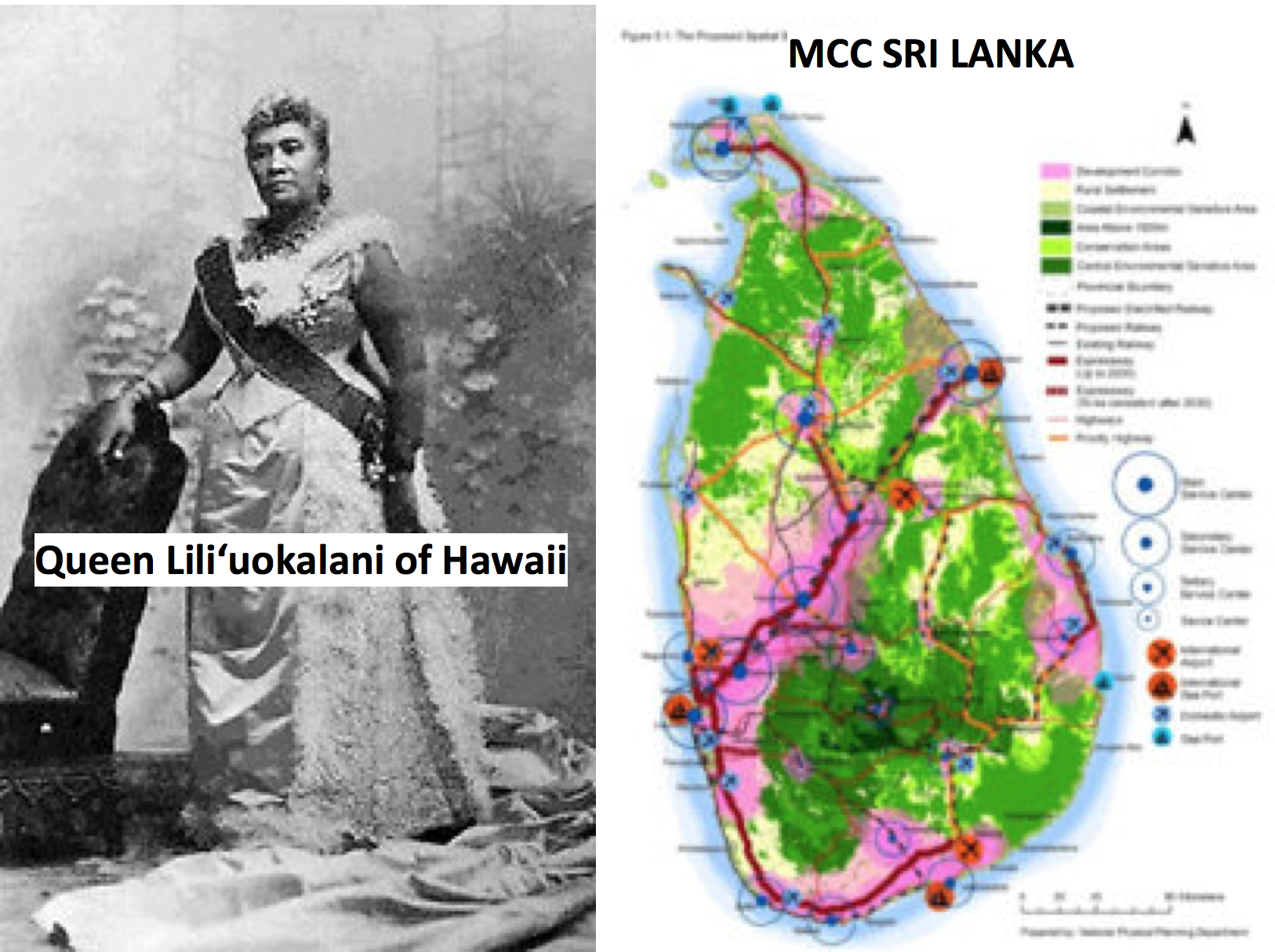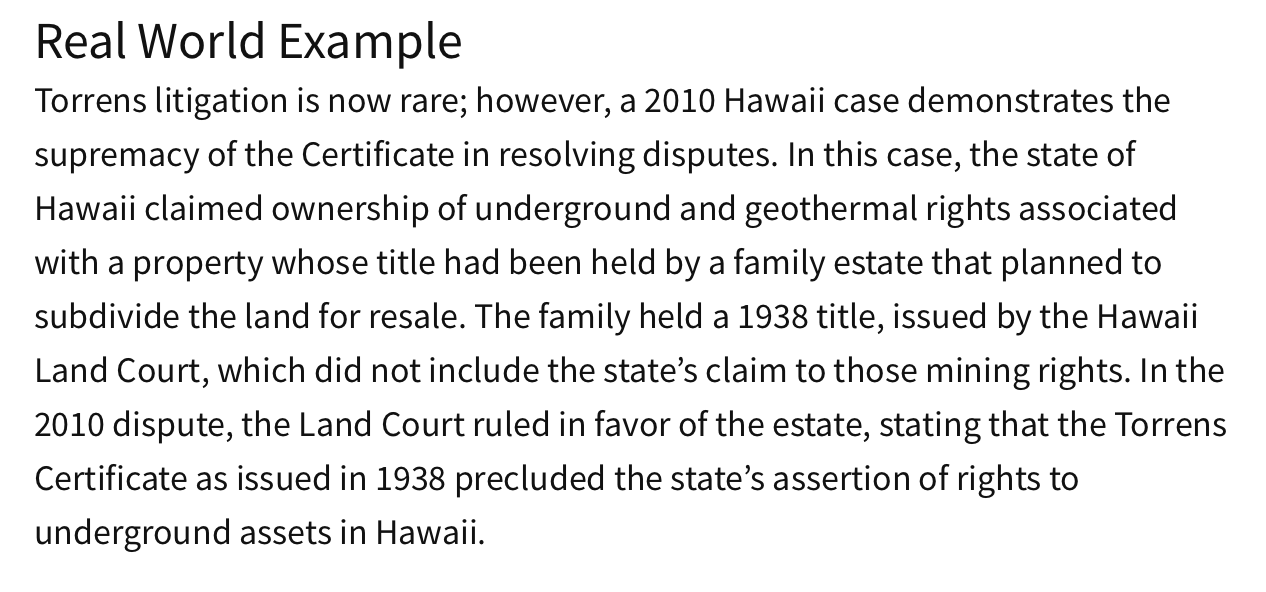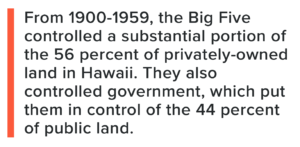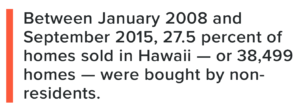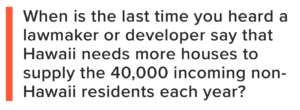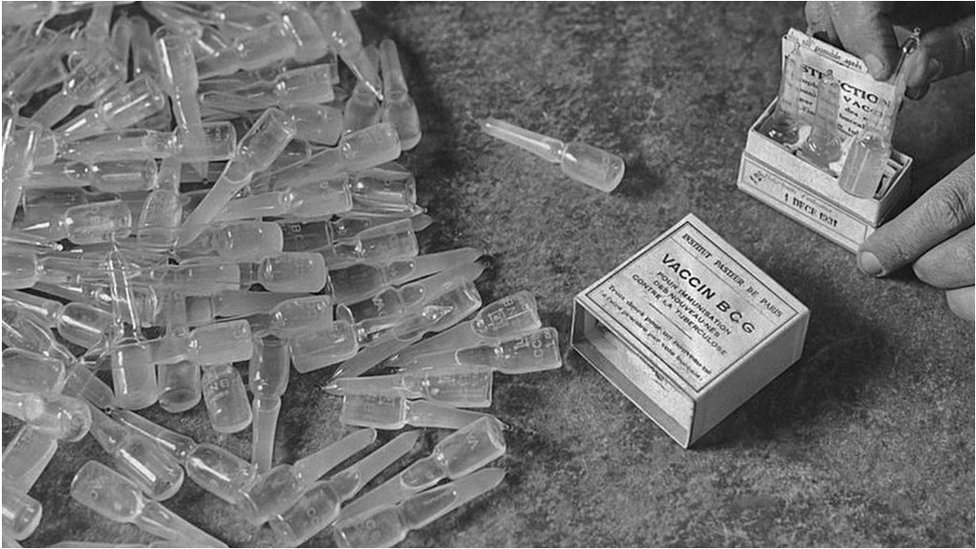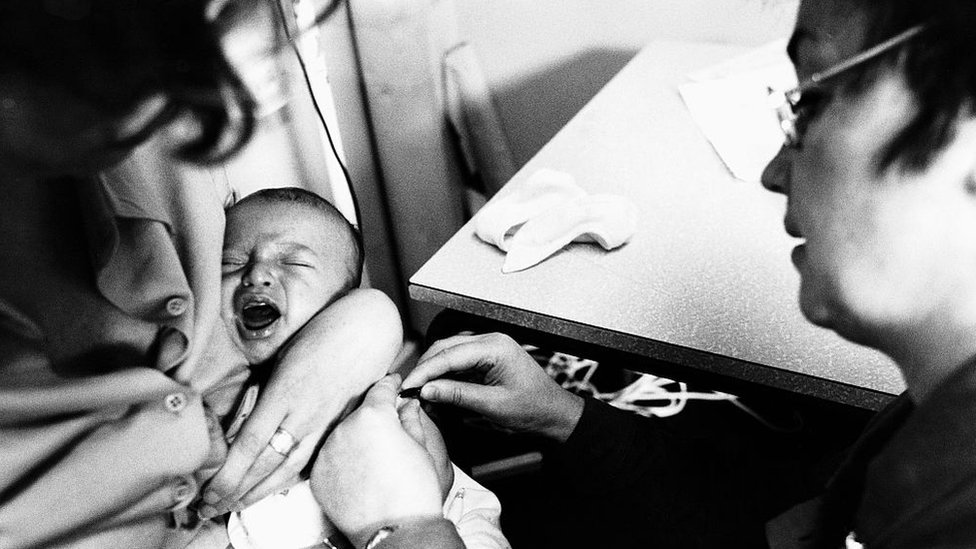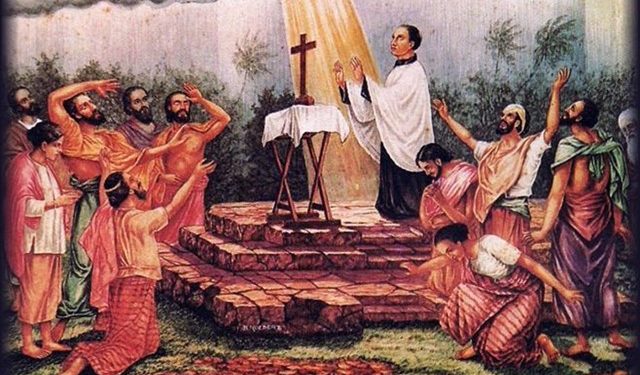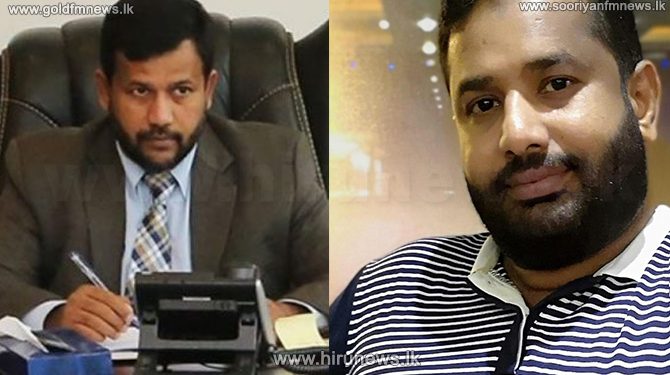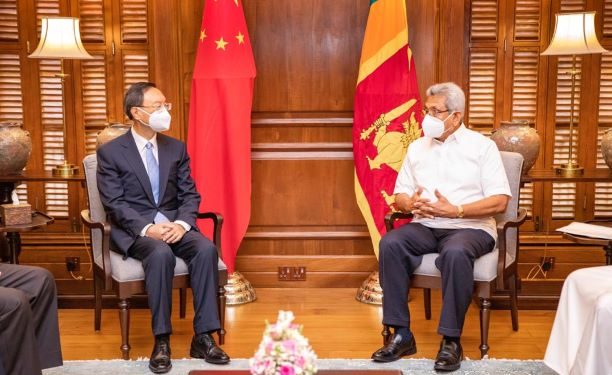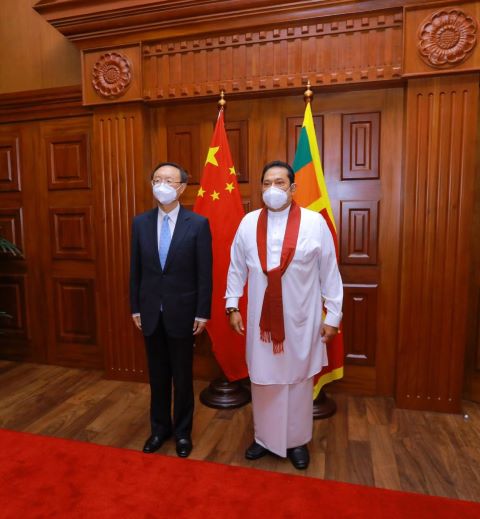Sri Lanka turns to China rather than IMF to avoid default
October 12th, 2020MARWAAN MACAN-MARKAR, Asia regional correspondent Courtesy Nikkei Asia

Sri Lanka’s government led by President Gotabaya Rajapaksa desperately needs cash to service over $15 billion in foreign debt. (Source photos by Reuters)
COLOMBO — Sri Lanka’s ultranationalist government looks set to receive a financial lifeline from China rather than an International Monetary Fund bailout to avoid defaulting on foreign debts, affirming the Asian giant as lender of the last resort to the strategically located South Asian island nation.
President Gotabaya Rajapaksa’s government desperately needs cash to service over $15 billion dollars owed to foreign creditors. China eased some of the tension earlier this year by injecting $500 million as part of a $1.2 billion syndicated loan from the China Development Bank.
“We have been in touch with the China Development Bank,” Nivard Cabraal, minister of money and capital market and state enterprise reforms, told Nikkei Asia. “We are now negotiating the additional $700 million.”
The second tranche is wanted for the end of the year. “There are options available for Sri Lanka to have inflows coming in from our bilateral partners, and we are confident that they will materialize,” said Cabraal, who was governor of the Central Bank of Sri Lanka for nearly nine years until 2015.
“If we have to go and hold the IMF’s hand — or if the IMF has to hold our hand — that, I think, is a danger signal,” he said. “We know we have to get our debt situation under control. Do we need the IMF to say that? No.”

Sri Lanka’s preference for China is tied to the country’s complex history with the multilateral lender in Washington D.C. Colombo has needed IMF bailouts 16 times over the past 55 years. That places it second only to Pakistan, which has gone to the IMF 20 times — making it the most IMF-dependent of the world’s debt-strapped nations.
Only nine of the 16 IMF programs in Sri Lanka were completed. Sri Lanka last went to the IMF in 2016 during the right-of-center coalition government that preceded the incumbent Rajapaksa government. It sought a $1.5 billion extended fund facility, which came to an abrupt end with the new administration produced by elections in November.
“Sri Lanka has a bipolar relationship with the IMF,” Nishan De Mel, executive director of Verite Research, a Colombo think tank, told Nikkei. Like the World Bank, its Bretton Woods twin, the IMF is seen as having “imperial and colonial” trappings. “Part of Sri Lanka’s political tradition views the IMF with suspicion, and going to it is presented as having a negative outcome,” he said.

Sri Lanka had $50.8 billion of foreign debt on its books as of June, and China makes up about 10% of the total. Chinese funding mostly supported an infrastructure spree that included development of Colombo’s port. (Photo by Yuji Kuronuma)
Consequently, Sri Lanka has become a hunting ground for Chinese creditors with deep pockets. The Rajapaksa government was voted into power on the back of ultranationalist sentiments, and needs dollars to service its multibillion dollar international debts and to run a current account deficit estimated at $1.1 billion annually.
In 2018, Sri Lanka secured a syndicated loan from China Development Bank. Later that year, another Chinese bank offered to buy the entire $1 billion sovereign bond issue, a banking source in Colombo told Nikkei. The previous government declined “in the interest of diversity” — ensuring it did not appear completely under obligation to Chinese creditors — the banking source added.
October provided another glimpse of the ticking national debt clock. Sri Lanka settled a $1 billion maturing international sovereign bond at the beginning of the month by digging into its foreign reserves, which duly shrank to $6.4 billion. Far bigger debts loom with annual settlements of $4.5 billion to $5 billion due for the next three years.

The $88 billion economy generates some grim reading. Public debt rose to 83% of gross domestic product at the end of 2019, and is expected to exceed GDP by the end of this year. Sri Lanka’s trade deficit has been averaging $10 billion annually, and that has only been reduced this year by heavy import restrictions imposed after exports were severely impacted by the COVID-19 pandemic.
Sri Lanka had $50.8 billion of foreign debt on its books as of June, mostly from borrowings in international markets. The debt to China is about 10% of this, mostly used for an infrastructure spree over the past decade. There is also debt to Japan worth $4.4 billion, once the country’s largest lender for development projects.
Sri Lanka’s efforts to borrow more have been thwarted by downgraded ratings. Bonds were reduced to junk status after Moody’s Investors Service recently downgraded the country two notches from B2 to Caa1. It was another blow to the anemic economy, which is facing growth of just 0.5% in the wake of COVID-19. In April, Fitch Ratings downgraded the country to B1 with a negative outlook.

Sri Lanka’s Prime Minister Mahinda Rajapaksa, right, was behind a series of China-funded infrastructure projects when he was president from 2005 to 2015, and cultivated a close relationship with President Xi Jinping. © Reuters
Local analysts believe an agreement with the IMF would help with financial markets, and enable Sri Lanka to borrow again.
“An IMF program puts Sri Lanka on a debt-sustainable path, and that creates credibility when you go to the markets,” said Murtaza Jafferjee, managing director of JB Securities, a financial consultancy in Colombo. “After the Moody’s downgrade, and without an IMF program, Sri Lanka will not be able to access the markets.”
Some foreign analysts consider the government as being cavalier with regard to the dire economic assessments. “Sri Lanka cannot ignore the views of the ratings agencies,” said Prasanna Athukorala, a former senior portfolio manager at the Sydney-based AMP Capital Investors. “They are widely accepted for their independent, objective and composite view of creditworthiness of a sovereign issuer.”

He argued that if the government ditches the IMF course, ratings upgrades will only emerge with self-imposed discipline, he said: “A credible and secure medium-term financing strategy should ensure the cost of debt is maintained at manageable levels and there is a sustainable buildup of foreign exchange inflows.”
But geopolitics may come into play if Sri Lanka is unable to raise dollars normally and turns to China to settle debts with Western lenders.
“China doesn’t want its money to be used to repay Western creditors,” said de Mel of Verite Research. “After the first six months of next year, Sri Lanka will be on thin ice.”
